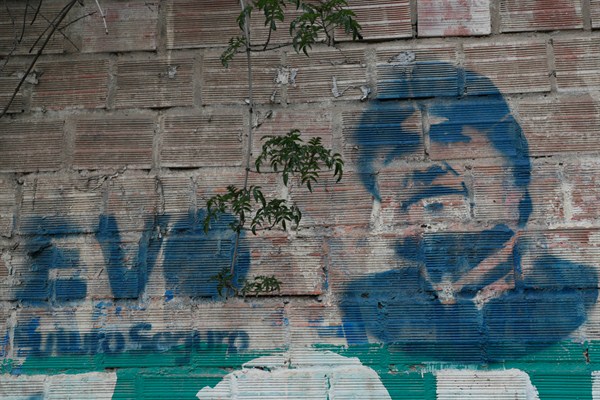When towering political figures are suddenly ousted from power, what role will they play in their country’s future? That question is at the heart of what is unfolding in Bolivia some 10 weeks after former President Evo Morales resigned at the “suggestion” of the military amid mass public protests over a disputed presidential election.
Morales, who fled into exile, first to Mexico and then Argentina, still insists he will lead the charge to topple the current, interim government. But he has faced a new and unexpected challenge to his political influence in Bolivia: an increasingly powerful current in his own party, the leftist Movement Toward Socialism—MAS, by its Spanish acronym—that favors a more moderate approach.
From the moment he fled Bolivia, it was clear that Morales had no intention of becoming a passive observer of the country he governed for 14 years. Bolivia’s first indigenous leader, Morales first won the presidency in 2006, as the so-called Pink Tide swept leftist leaders to power across Latin America. Bolstered by strong economic growth, Morales cemented his rule by following a now-familiar playbook—solidifying his hold on national institutions and staying in office past his initial, single term limit, thanks to a rewriting of the constitution in 2009. Then he ran for a third time, claiming his first term didn’t really count toward the new, two-term limit because it was under the old constitution. Finally, he broke a vow not to run for yet another term, even after Bolivians rejected a referendum to amend the constitution again and permit him a fourth term. The ensuing election last October was marred by fraud, according to international observers, which triggered the protests that ended in Morales’ ouster.

